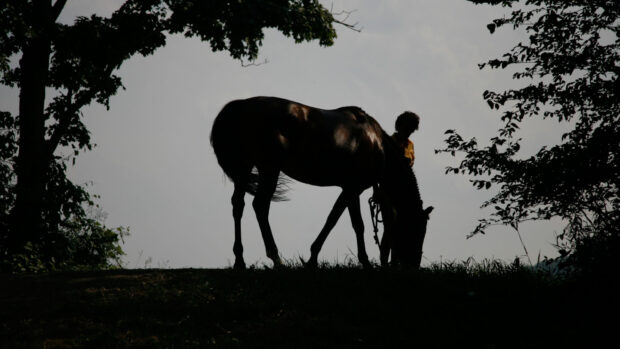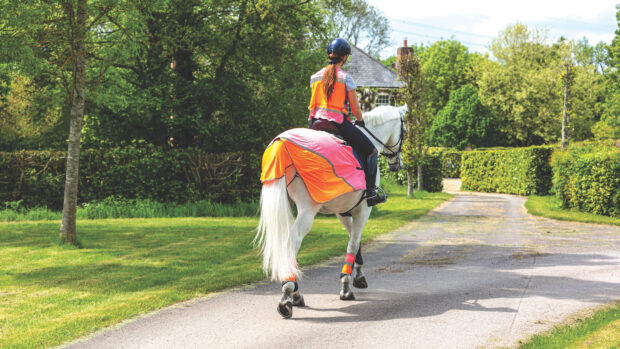The Horserace Betting Levy Board has increased its support for rare breed societies in England, Scotland and Wales by 10%.
The Levy Board has been funding rare non-thoroughbred breed societies for some years now, and in 2005 a total of £160,000 will go to 13 organisations to help preserve Britain’s pure-bred native horses and ponies.
“The grants to all 13 societies continue to make a vital contribution to sustaining and improving the rich variety of rare native breeds that we enjoy in England, Scotland and Wales,” says the Levy Board’s scientific liaison executive Libby Archer.
The largest grant — £39,900 — will go to the Shire Horse Society, while the smallest — £3,600 — will go to the Highland Pony Society. Each grant rose by 2.5% over last year and additional increases were awarded to the Cleveland Bay, Suffolk Punch, Dales and British Percheron societies to boost their breed improvement programmes.
“We have a policy that, if the Board has sufficient income, [we] increase the grants by an inflationary amount,” explains Archer. “In addition, our policy enables any individual breed society to seek a [further] increase of their grant for a number of purposes, such as expanding the content of their breeding improvement programme or add something new to it. This year, we have had a number of requests which were successful.”
The biggest increase went to the British Percheron Society, which received an extra £5,000 to raise the value of breeding incentives for horse owners and support the introduction of mandatory DNA testing which, until now, had been voluntary.
The Dales Ponies society was also granted funding to back breeding incentives. Some £1,500 will go to enhance the value of their mare premiums, with a view to boosting foal numbers.
The Suffolk Punch (pictured), which falls in the Rare Breed Survival Trust’s critical category, received an additional increase of £3,700 to support a five-year breeding plan. The money will help raise the number of colts put forward as stallions, increase the reward for active stallions and expand the incentive for mare owners “to be active in producing foals”.
“This is Britain’s rarest breed and they need to maintain and enhance their numbers,” says Archer.
The Cleveland Bay also falls in the Rare Breed Survival Trust’s critical category and the breed society received an extra increase of £1,900 to support an innovative selective mating scheme. “The society has adopted a computerised programme called SPARKS which looks at how to get the most advantageous mating for mares to reduce inbreeding and maximise the genetic health of the progeny,” explains Archer. The Levy Board funds will help give financial incentives for mare owners to follow the recommendation of the programme.
The grants cover the period between April 2005 and March 2006. What will happen next year, however, remains unclear if government plans to scrap the Levy Board go ahead.
“In 2000, when the government first announced they would be closing the Levy Board, the BHB made it clear that they would continue funding rare breeds under new arrangements,” says Archer.
But the recent ECJ verdict on database rights threatened racing’s commercial revenues and, although the Levy Board is due to be abolished in September 2006, its life span may be extended until the BHB secures alternative sources of funding.
“A review is going on at the moment to look at funding for racing. A report of the review group will go to [Minister for Sport] Richard Caborn on 11 March,” says Archer. “And as long as the Levy Board is in existence, it is committed to continue [providing] grants to breed societies.”



